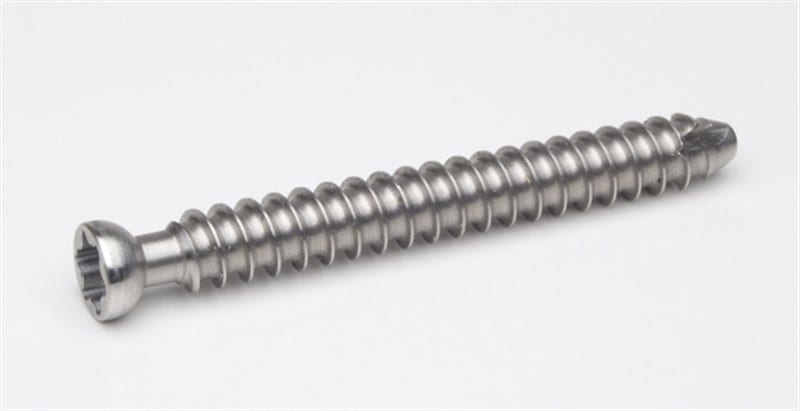Did you know that you use machine screws every single day, in just about every industry? Machine screws have common applications, such as holding components together. Whether they are wood screws or sheet metal screws, every industry utilizes screws to keep together machines, appliances, tools, or electronic devices.
These are products that we depend on every day.
What is a Machine Screw?
A machine screw is a type of screw that has a uniform thread size. They usually come in a 1/4 inch or smaller diameter sizes. They are designed to fit perfectly into a threaded hole in the parts that they are fastening to.
What are Machine Screws Made Of?
Machine screws come in a variety of types, materials, configurations, as well as drive sizes and heads. They are most commonly made from steel, brass, aluminum alloy, and stainless steel.
Thread Type: Uniform vs. Tapered
When you hear the term “uniform threads,” it is referring to the diameter of the fasteners thread. When they are uniform, that means they remain the exact same diameter throughout the full length of the threaded section of the fastener.
“Tapered threads” are ones that do not have the same diameter throughout. These are found on pointed fasteners, such as wood screws. The point at the end is intended to cut through soft material they are being threaded with, like wood or plastic.
Screw Head Style
There are many different types of screws that can be made. The head types of machine screws come in a wide assortment. This is also sometimes called driver head style.
The variety of head shape includes include Phillips screws that are also called Phillips drive screws. Hex cap screws can be used with an Allen wrench. There are also Torx six-pointed star, square-drive socket, security, pan head, and slot type or flat head machine screws.
Tensile Strength
Tensile strength is the amount of force or pull that a fastener, such a machine screws or bolts, can withstand before they break. Different screw types have different sheer strength amounts that they can withstand.
Threading Methods
Machine screws are known for their fine thread. Their threads are carefully formed by the machining process known as die cutting. That process cuts away material to form grooves. The cut-away area on the metal is what forms the screws thread.
Another process is called roll forming where a thread is rolled into the screw. The rolling die uses high pressure to form the metal and create the threads that way. This process does not remove any metal material to create the threads.
Fastening Applications
Machine screws are versatile when it comes to their fastening applications. They can fasten two different components together using a hole and nut behind each component. Or, another particular application can be used to fasten threaded metallic inserts into plastic parts.
There are numerous applications that can be used when fastening parts or components together. Whatever your application needs, Avanti can help. Avanti Engineering is the #1 Screw Machine Products Manufacturer in the US! We specialize in high volume precision turned parts, capable of producing orders from 1,000 to over 1,000,000 parts.
Contact Us today to request a quote or discuss your project.
Read Next: High Volume Precision Turned Parts FAQ
